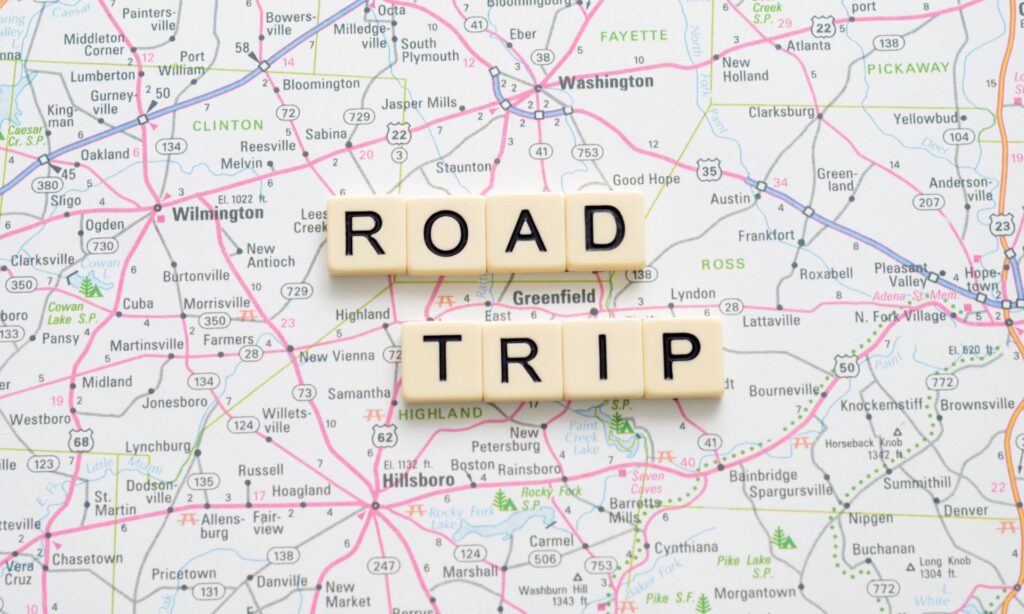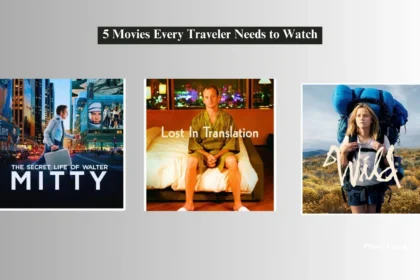Introduction
Embarking on a road trip can be an exciting and liberating experience, offering the opportunity to explore new destinations and create lasting memories. However, a successful road trip requires careful planning, especially when it comes to ensuring safety on the open road. In this article, we will discuss essential tips for planning a road trip and staying safe throughout your journey.
Plan Your Route
Before hitting the road, take the time to plan your route. Use reliable navigation apps or GPS devices to map out your journey, considering the distance, estimated travel time, and potential rest stops. Be sure to account for weather conditions and any road closures that may affect your route.
Vehicle Maintenance
Ensure your vehicle is in top-notch condition before embarking on a road trip. Schedule a pre-trip inspection that includes checking the tires, brakes, fluids, lights, and other essential components. Regular maintenance reduces the risk of breakdowns and enhances overall safety during your travels.
Pack an Emergency Kit
Prepare for unforeseen circumstances by assembling a comprehensive emergency kit. Include items such as a first aid kit, flashlight, blankets, non-perishable snacks, water, jumper cables, a spare tire, and basic tools. Having these essentials on hand can make a significant difference in case of an emergency.
Get Adequate Rest

Fatigue is a major contributor to road accidents. Ensure you are well-rested before embarking on a long journey, and take regular breaks to avoid driver fatigue. If possible, share the driving responsibilities with a fellow traveler to maintain alertness throughout the trip.
READ ALSO: How to Find Cheap Airfare Anytime of the Year – 6 Easy Airfare Tips
Follow Traffic Rules
Obeying traffic rules is crucial for your safety and the safety of others on the road. Follow speed limits, use turn signals, and avoid distractions like texting or talking on the phone while driving. Be mindful of local traffic laws, as they may vary from one region to another.
Stay Informed about Weather Conditions
Keep an eye on weather forecasts along your route, especially if you are traveling to different climates. Adverse weather conditions, such as heavy rain or snow, can impact road safety. Adjust your plans accordingly, and be prepared for changing weather conditions by carrying appropriate clothing and equipment.
Secure Your Belongings
Prevent theft and ensure the safety of your belongings by securing them properly. Use the trunk for valuable items, and avoid leaving personal items visible inside the car when parked. Park in well-lit areas, especially overnight, to minimize the risk of theft.
Plan Accommodations in Advance
If your road trip involves overnight stays, plan your accommodations in advance. This not only ensures you have a place to rest but also allows you to choose safe and reputable lodging options. Research reviews and ratings to make informed decisions about where to stay.
Communication Plan
Keep friends or family informed about your travel plans. Share your itinerary, expected arrival times, and check in regularly. In case of any unexpected delays or issues, someone will be aware of your situation and can assist if needed.
Remain Flexible
While planning is crucial, it’s equally important to remain flexible. Unexpected events can occur, and your plans may need adjustments. Stay adaptable and focus on enjoying the journey rather than sticking rigidly to a predetermined schedule.
A well-planned road trip can be a rewarding adventure, offering the chance to discover new places and create cherished memories. By prioritizing safety through careful planning, vehicle maintenance, and adherence to traffic rules, you can ensure a smooth and enjoyable journey on the open road. Keep these tips in mind, and embrace the freedom that a road trip can provide while staying vigilant about safety.
Frequently Asked Questions (FAQs) on Road Trip Planning and Safety
Q: How should I plan my road trip route?
A: Use navigation apps or GPS devices to map out your route, considering distance, travel time, and potential rest stops. Be aware of weather conditions and road closures that may affect your journey.
Q: What vehicle maintenance is essential before a road trip?
A: Schedule a pre-trip inspection to check tires, brakes, fluids, lights, and other essential components. Regular maintenance reduces the risk of breakdowns and ensures a safe journey.
Q: What should be included in an emergency kit for a road trip?
A: Pack a first aid kit, flashlight, blankets, non-perishable snacks, water, jumper cables, a spare tire, and basic tools. These items can be crucial in case of an emergency.
Q: How can I avoid driver fatigue during a long road trip?
A: Get adequate rest before the trip and take regular breaks. If possible, share the driving responsibilities with a fellow traveler to stay alert and avoid fatigue.
Q: What are the key traffic rules to follow during a road trip?
A: Obey speed limits, use turn signals, and avoid distractions like texting while driving. Familiarize yourself with local traffic laws, as they may vary between regions.
Q: How can I stay informed about weather conditions during my road trip?
A: Monitor weather forecasts along your route and adjust your plans accordingly. Be prepared for changing weather conditions by carrying appropriate clothing and equipment.
Q: What measures can I take to prevent theft during a road trip?
A: Secure valuables in the trunk, avoid leaving personal items visible inside the car when parked, and park in well-lit areas, especially overnight.
Q: Should I plan accommodations for a road trip?
A: Yes, planning accommodations ensures a place to rest and allows you to choose safe and reputable lodging options. Research reviews and ratings for informed decisions.
Q: How can I communicate my travel plans to others during a road trip?
A: Share your itinerary, and expected arrival times, and check in regularly with friends or family. In case of unexpected delays or issues, someone will be aware and can assist.
Q: Is it important to remain flexible during a road trip?
A: Yes, unexpected events may occur, requiring adjustments to your plans. Stay adaptable and focus on enjoying the journey rather than sticking rigidly to a predetermined schedule.
Conclusion
In conclusion, embarking on a road trip can be a thrilling adventure filled with discovery and excitement. However, ensuring a safe and enjoyable journey requires careful planning and adherence to essential safety measures. By prioritizing vehicle maintenance, following traffic rules, staying informed about weather conditions, and remaining flexible in your plans, you can enhance the overall safety and success of your road trip.
Remember to pack an emergency kit, get adequate rest to avoid driver fatigue, and secure your belongings to prevent theft. Planning accommodations in advance and communicating your travel plans with others also contribute to a smoother and more secure experience on the open road.
Ultimately, a well-executed road trip provides the opportunity for unforgettable experiences and the creation of lasting memories. By incorporating these safety tips and planning strategies, you can make the most of your journey, savoring the freedom of the open road while prioritizing the safety of yourself and your fellow travelers.
In another related article, Hiking in Croatia: Exploring the Best Trails and Essential Tips






